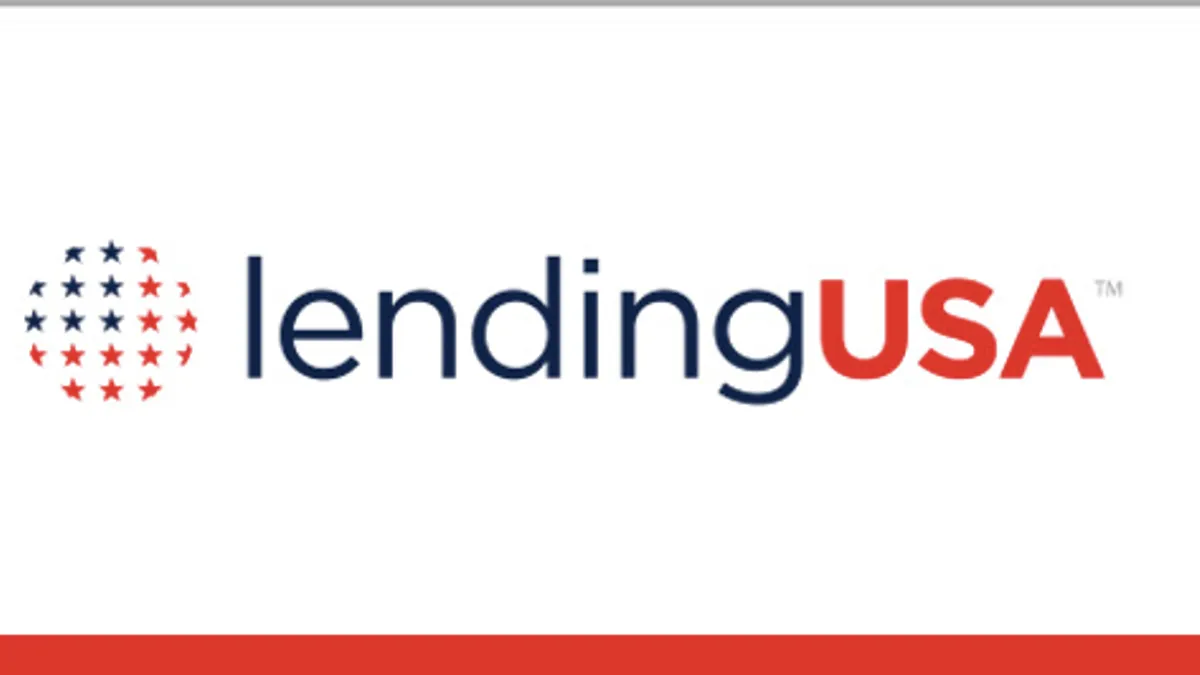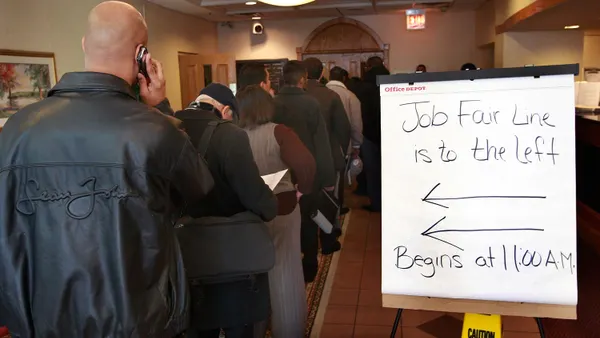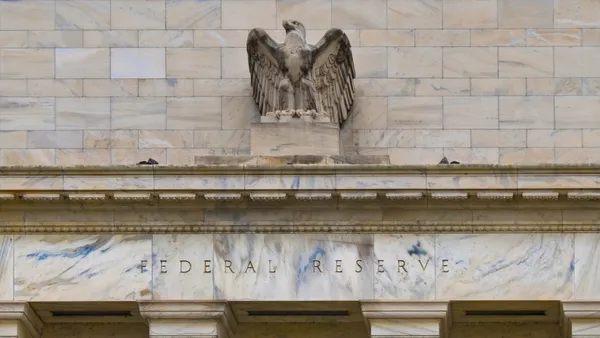Being proactive is the cornerstone of the effective CFO. Since the early stages of the coronavirus pandemic, CFO Ron Oertell of fintech company LendingUSA has worked to make his company stand apart from its competition. As a result, the point-of-sale fintech solutions provider, which has verticals in funeral services, pet services and debt settlement, has seen an increase in demand, across the board, for all its products.
"When the crisis started taking shape in Italy, we immediately took action and ordered 50 laptops to ensure the entire company could go remote prior to stay-at-home orders," Oertell said. "We had fully practiced being a fully remote company. We completed an internal review for each executive, and made adjustments to our plans."
To manage the unique conditions his company faces amid the health crisis, Oertell relies on the planning and operating experience he has gained while at LendingUSA as well as two previous posts. Oertell is responsible for the company's financial structuring and strategy, capital raising activities, audit, tax, and financial planning and reporting functions across its financial services businesses.
His smartest move to be prepared, he told CFO Dive, was building strong relationships with his investors long before the crisis hit.
Maintaining these relationships before signs of trouble is critical, Oertell said. "All companies will have a hiccup, whether it's a macro event like COVID-19 or a company-specific event. At some point, every company will have something to deal with."
When that something arises, he said, the stronger the CFO's relationship with investors, the better the company will be able to manage.
A plan in three parts
As the pandemic arrived, Oertell and the company enacted a three-part plan to immediately reduce its budget by 10% on a monthly basis. The company adjusted its vendor relationships and stopped many projects executives found to be optional, and made cuts to the temporary staffing.
The second phase involved furloughing certain employees and putting others on a part-time basis. Then, company leadership further negotiated contracts to better reflect the changed conditions.
The third phase carried the most weight, when Oertell and the company presented their entire plan to its investors. The investors would need to know they were taking the pandemic seriously and had a contingency plan for every scenario, even though some measures would be costly in the short term.
"When we proactively reached out to investors with a plan, before they even asked for it, they then asked for our plans in writing so they could circulate it internally, saying 'This is exactly how we want every one of our portfolio companies to react,'" Oertell said.
While the three-pronged plan has allowed LendingUSA vital early-stage breathing room, decisions are less certain over the long-term.
Planning ahead
"The critical thing is staying at a profitable level," Oertell said. "We need to have variable cost expenses; we need to focus on any minimums in contracts. That will let us ebb and flow with changes in the market."
Looking ahead, Oertell and his team are careful to focus resources. "If we're looking at, 'what's the core of the business?' while we're weathering this storm, we want to ensure we have redundancies, because we don’t know what may give in in a crisis," he said.
In light of its increased profits amid the crisis, LendingUSA has not had to fundamentally change its practices to continue being useful to customers and vendors, but it nonetheless has a very active COVID-19 modification program.
"We need to work with customers, and provide options for new business, and also work proactively with the individual borrowers in our portfolio," Oertell said. "If our people run into issues, we're proactive. We're actively managing issues with borrowers, rather than drawing hard lines in the sand."
When it comes to employees, Oertell believes his responsibility as CFO is to over-communicate, provide a vision, provide guidance, and be open and honest about how the company is adjusting to the new environment.
Connecting with stakeholders
In a time of crisis, it is critical to build that communication channel between finance and other operating departments. "By that, I mean whether it's determining the cost of a project, true customer acquisition cost, or just where unnecessary expenses are made, the finance department has access to information, and needs to communicate it, and not just take that information and simply report the financials," Oertell said.
"The [finance] department has to be involved in every aspect of the business, and has to provide strategic guidance, because they're in the unique position of having access to so much information about the company, and departments don’t know, necessarily, how much information is available, and which reports could drive effectiveness and efficiency," he said.
Oertell encourages CFOs of all sized-companies, in addition to transparency with investors, to reach out and develop strong relationships with key vendors. "You will need to rely on them to get through the crisis," he said. For example, if it's a key supplier, he said, they can potentially provide additional credit.
"Rather than trying to simply deal with it on your own you'll have much more success being proactive" and partner with these stakeholders, Oertell said.












